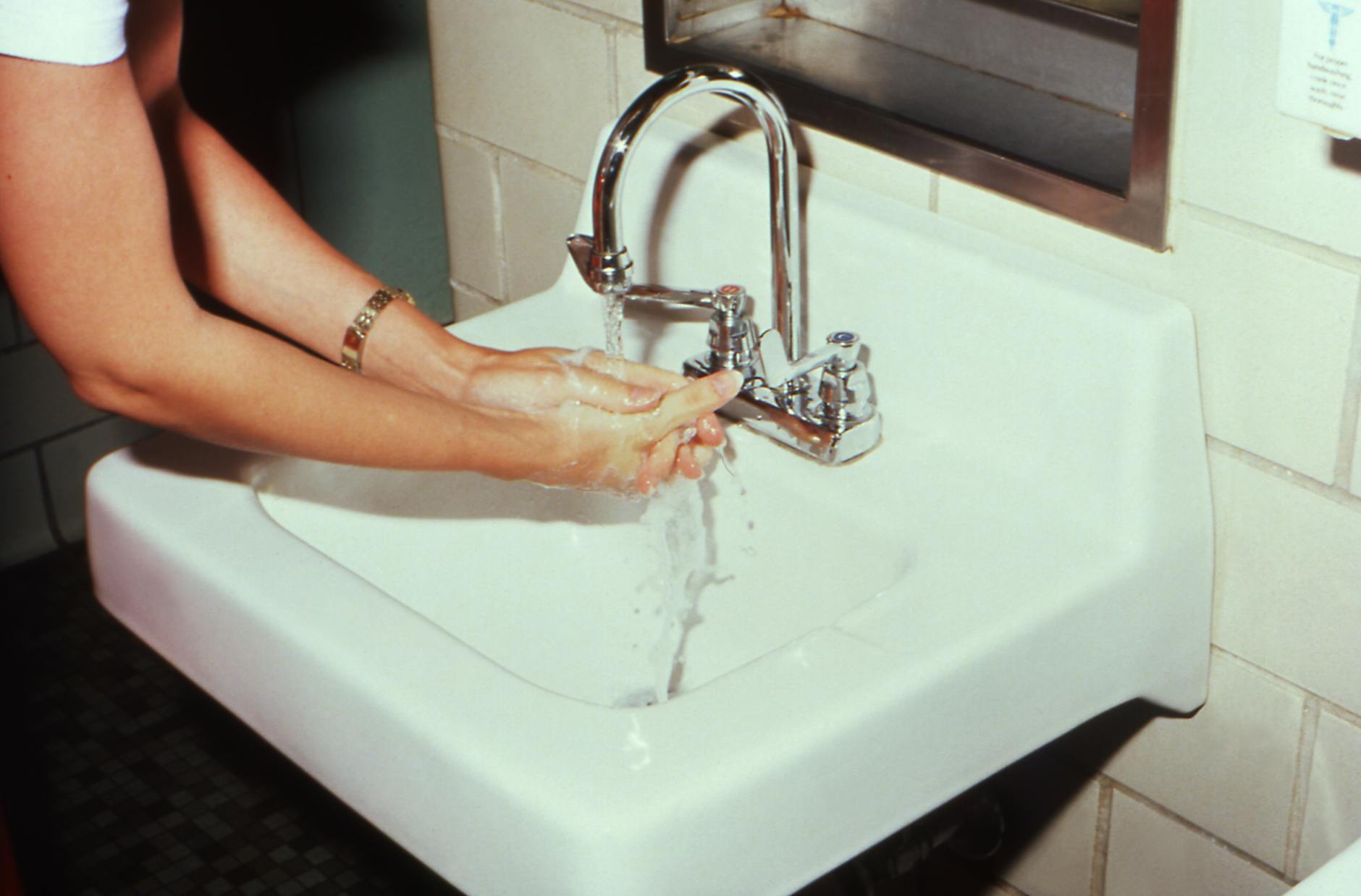What is sleep hygiene tips?
What is sleep hygiene tips?
Sleep hygiene tips are essential practices that can significantly enhance your sleep quality and overall well-being. In today’s fast-paced world, many of us struggle with getting restful sleep. By understanding and implementing proper sleep hygiene, you can transform your nights into peaceful, restorative experiences that leave you feeling refreshed and focused during the day.
Understanding Sleep Hygiene
Sleep hygiene refers to a set of behavioral and environmental practices that promote consistent, uninterrupted sleep. Following these guidelines can help create the ideal conditions for a good night’s rest, making it easier for you to fall asleep and stay asleep.
What is Sleep Hygiene?
At its core, sleep hygiene encompasses the habits and routines that surround your sleep. This includes factors like bedtime routines, sleep environment, and daily activities. By adhering to these principles, you can create a favorable environment that nurtures quality sleep. For instance, establishing a regular sleep schedule and ensuring your bedroom is conducive to relaxation can remarkably improve your sleep patterns.
Why is Sleep Hygiene Important?
Good sleep hygiene is not just about sleeping well; it’s about enhancing your overall health. Research shows that quality sleep is linked to improved mood, better cognitive function, and enhanced immune system performance. Poor sleep hygiene can lead to various health issues, including increased stress and diminished productivity. To learn more about the profound benefits of maintaining a healthy sleep routine, you can explore insights from Baptist Health.
Key Sleep Hygiene Tips
Here are some practical sleep hygiene tips that you can incorporate into your daily routine to help enhance your sleep quality.
Establish a Consistent Sleep Schedule
One of the most effective sleep hygiene tips is to stick to a consistent sleep schedule. Aim to go to bed and wake up at the same time each day, even on weekends. This helps regulate your body’s internal clock, making it easier to fall asleep and wake up naturally. When your body knows when to expect sleep, you’ll find it easier to feel alert and energized during the day.
Create a Restful Sleep Environment
Your bedroom plays a vital role in your sleep quality. Make sure it’s dark, quiet, and at a comfortable temperature. Consider using blackout curtains to block out light and earplugs or a white noise machine to minimize disruptive sounds. Additionally, keeping the room cool—ideally between 65 and 68 degrees Fahrenheit—can promote better sleep. For more tips on optimizing your sleep environment, check out the CDC.

Photo by CDC
Limit Screen Time Before Bed
In our technology-driven lives, screens often dominate our evenings. However, the blue light emitted from phones, tablets, and computers can interfere with your body’s natural ability to prepare for sleep. Try to limit screen time at least an hour before bed. Instead, engage in relaxing activities like reading a book or practicing gentle yoga to help signal to your body that it’s time to wind down.
Be Mindful of Food and Drink Before Sleep
What you eat and drink before bed can greatly affect your sleep quality. Avoid large meals, caffeine, and alcohol close to bedtime. Heavy meals can cause discomfort, while caffeine and alcohol disrupt sleep patterns. Instead, opt for a light snack if you’re hungry, such as yogurt or a banana. This strategy can help you feel calmer and more comfortable as you head to bed.
Incorporate Relaxation Techniques
Building relaxation techniques into your nightly routine can significantly enhance your ability to fall asleep. Consider practices like meditation, deep breathing exercises, or gentle stretches to calm your mind and body. These techniques can help reduce anxiety and prepare you for a restful night’s sleep.
Common Sleep Hygiene Mistakes
Even with the best intentions, we sometimes fall into habits that undermine our sleep hygiene. Here are some common mistakes to avoid.
Inconsistent Sleep Patterns
Erratic sleeping habits can greatly disrupt your circadian rhythms. If you frequently change your bedtime or wake-up time, it can confuse your body’s internal clock, making it harder to fall asleep. Establishing a consistent routine is crucial for fostering better sleep.
Using Sleep Aids Without Guidance
While sleep aids can help in some cases, self-medicating without professional advice can lead to dependency or other health issues. If you’re considering using sleep aids, it’s always best to consult with a healthcare professional to ensure safe and effective use.
Ignoring Sleep Disorders
If you frequently struggle with sleep despite following good sleep hygiene practices, it may be time to consult a healthcare provider. Conditions like sleep apnea or insomnia often require professional intervention. Ignoring these issues can lead to long-term health complications.
Conclusion
Implementing sleep hygiene tips is crucial for achieving better sleep and overall health. By establishing a consistent sleep schedule, creating a restful environment, and being mindful of your nightly habits, you can significantly improve your sleep quality. Don’t underestimate the power of good sleep hygiene; it’s a simple yet effective way to enhance your life. Start incorporating these tips today, and you may find yourself enjoying nights of restorative sleep that leave you feeling vibrant and energized each day.